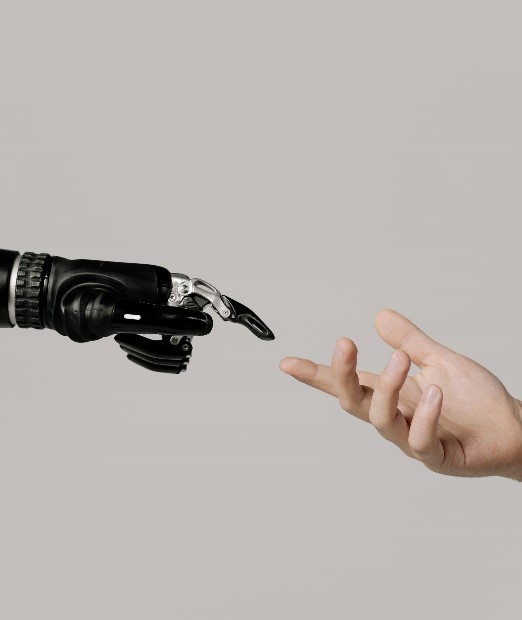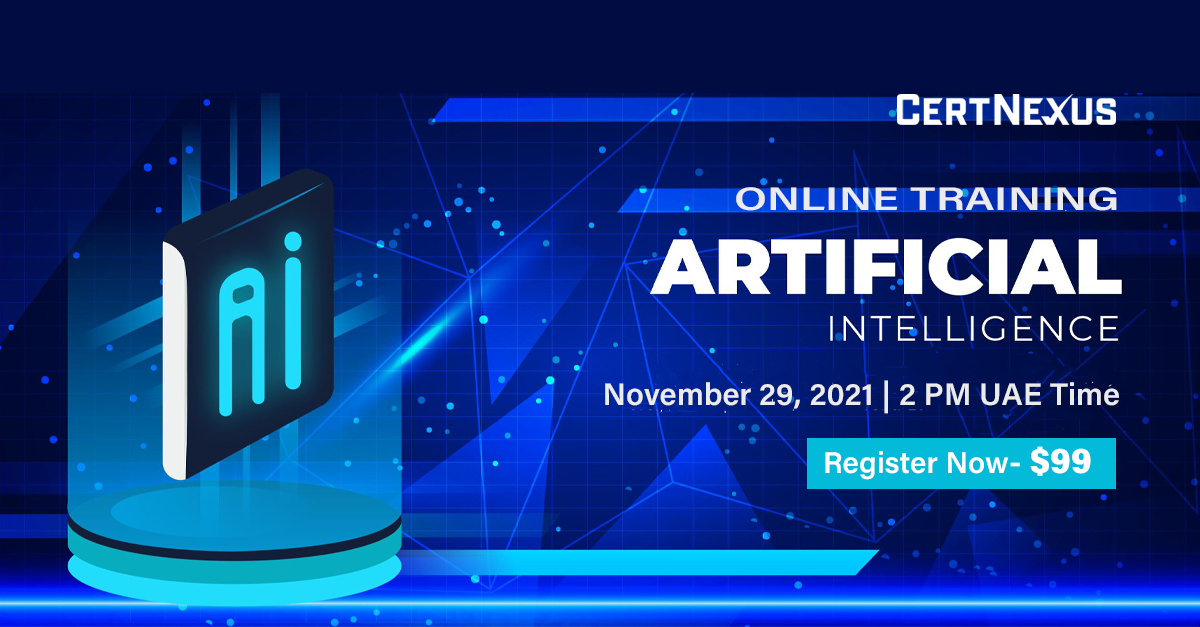The race to develop and launch AI-powered products and services has become a frenzy, with companies eager to seize a competitive edge. While speed to market is a crucial factor, it shouldn’t come at the cost of cybersecurity. In this blog post, we’ll explore the risks of rushing AI products to market and draw parallels with the IoT industry’s early days, highlighting the vulnerabilities that still haunt it.
The promise of AI is undeniable. It has the potential to transform industries, enhance decision-making, and drive efficiencies to unprecedented levels. As a result, companies are eager to harness AI’s power and bring AI-driven products and services to market quickly. However, this urgency can sometimes lead to shortcuts in security considerations.
The AI market is expected to expand at an annual rate of 37.3% from 2023 to 2030, potentially reaching a staggering $2 trillion in value. With this rapid expansion comes a critical concern: The risk to security. A recent survey by Salesforce revealed that 71% of IT leaders believe that new forms of AI could bring about complex security challenges. This concern is further highlighted by a survey conducted by Microsoft, which found that 25 out of 28 organizations did not know how to secure their AI & ML systems. This lack of preparedness is alarming, especially considering the 33% increase in cyberattacks exploiting vulnerabilities between 2020 and 2021, and the rising cost of data breaches, now averaging $4.24 million.
At Tributech, we take these risks seriously. Integrating AI into security strategies has proven effective, with companies reporting an 18% reduction in data breach costs and a 74-day faster response to breaches when using AI-driven security compared to traditional methods. Our approach at Tributech is to enable companies to leverage AI not only for market growth but also as a key tool for ensuring strong, reliable security. We are committed to a path that prioritizes both innovation and the safety of our clients, believing that the true value of AI is realized when it is developed responsibly and securely.
THE IOT INDUSTRY: A CAUTIONARY TALE
To understand the potential consequences of prioritizing speed over security, we can look back at the Internet of Things (IoT) industry’s trajectory. In its early days, IoT devices burst onto the scene with promises of enhanced convenience and connectivity. Companies raced to produce smart devices for improving business operations or ease your life at home with gadgets, wearables, and home automation systems – often neglecting robust security measures in their haste to meet market demand.
The consequences of this rush are still evident today. IoT devices have become a playground for cybercriminals, featuring vulnerabilities and weak links that expose users to various threats. From unsecured cameras that can be hijacked for surveillance to smart appliances that can be weaponized in botnets for DDoS attacks, the vulnerabilities are numerous.
Fast-tracking AI products to market without due diligence in cybersecurity could lead to similar consequences. The challenge is that data science (data engineering and model engineering) uses an AI pipeline typically outside of the regular application development scope, which introduces a new attack surface. Data engineering (collecting, storing, and preparing data) is typically a large and important part of machine learning engineering. Together with model engineering, it requires appropriate security to protect against data leaks, data poisoning, leaks of intellectual property, and supply chain attacks.
As an example of the negative impact data poisoning can have, we’d like to highlight a study from an Israeli researcher focused on tampering with medical IoT data. They were able to tamper with CTs or MRIs, successfully deceiving both radiologists and the artificial intelligence algorithms they used to aid them with the diagnosis. Deliberately tampering with these kinds of scans could facilitate insurance fraud, ransomware, cyberterrorism, or even murder. Therefore, increasing AI Security is highly relevant from inception.
In reflecting on the security landscape, it’s essential to draw parallels between the challenges faced by IoT in 2018 and those currently confronting AI. Just as IoT experienced an alarming surge in cyber incidents, jumping from 32 million in 2018 to a staggering 112 million in 2022 (source: Statista), the AI domain now faces its own security hurdles. The need for robust security measures in AI is underscored by the fact that 98% of IoT traffic remains unencrypted (source: G2). This striking statistic serves as a stark reminder of the vulnerabilities that arise when data remains unprotected, potentially leading to data leaks, data poisoning, and other security breaches. These numbers demonstrate that the lessons learned from securing IoT must be heeded in the AI space to prevent a similar trajectory of vulnerabilities and threats.
BALANCING SPEED WITH SECURITY – A CALL FOR DATA SECURITY FORM INCEPTION
We assist companies in navigating potential pitfalls when developing AI models for critical applications.
In the tech world, agility is a competitive advantage. However, speed should not compromise security. It’s crucial for AI developers to strike a balance between getting products to market quickly and ensuring robust security measures are in place. The IoT industry’s vulnerability struggles serve as a stark reminder that neglecting security can have far-reaching consequences.
At Tributech, we understand the importance of secure AI deployments. We offer scalable and standardized data integration solutions that not only expedite AI development but also enhance security. Our commitment to data integrity and traceability helps organizations protect their AI investments against evolving risks.
In conclusion, the rush to bring AI products to market is understandable, but it should not come at the cost of cybersecurity. By learning from the lessons of the IoT industry and prioritizing security from the outset, AI developers can unlock the full potential of AI while safeguarding against vulnerabilities that could haunt them in the future.
Source: https://www.tributech.io/blog/AI-to-market






